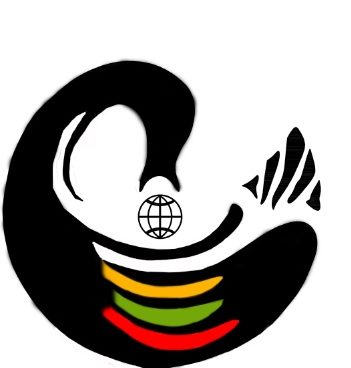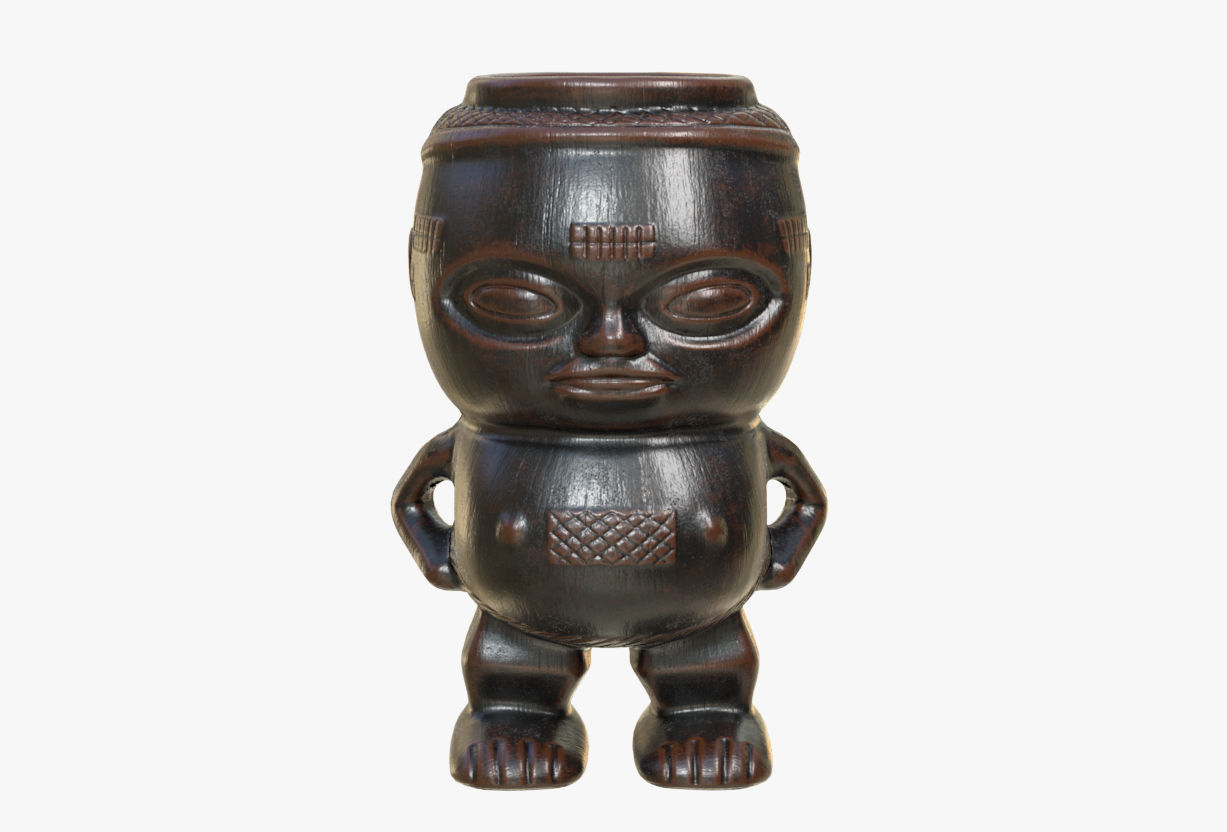Democratic Republic of the Congo, country located in central Africa. Officially known as the Democratic Republic of the Congo, the country has a 25-mile (40-km) coastline on the Atlantic Ocean. It is the second largest country on the continent; only Algeria is larger. Congo is rich in natural resources. Congo is bounded to the north by the Central African Republic and South Sudan; to the east by Uganda, Rwanda, Burundi, and Tanzania; to the southeast by Zambia; and to the southwest by Angola. To the west are the country’s short Atlantic coastline, the Angolan exclave of Cabinda, and Congo (Brazzaville).
It boasts vast deposits of industrial diamonds, cobalt, and copper; one of the largest forest reserves in Africa; and about half of the hydroelectric potential of the continent.
More than 200 African ethnic groups live in Congo; of these, Bantu peoples constitute a large majority of the country’s population. They entered the territory of modern Congo between the 10th and the 14th century from the west and north and established kingdoms that were flourishing at the time of European penetration after the 16th century.
More than 200 languages are spoken in Congo. Communication between groups has been facilitated by four “national” languages: Swahili, Tshiluba (Kiluba), Lingala, and Kongo. French is the official language and the language of instruction, business, administration, and international communications. The four national languages are used in regional commerce and on the radio.
Traditional African religious beliefs are in a supreme being, the power of the ancestors, spirits of nature, and the effectiveness of magic have been greatly influenced by the introduction of Christianity in Congo. There is a very sizable Christian population, the largest proportion of which is Roman Catholic.
Domestic agriculture is the main source of food and income for the majority of the population. Agriculture, animal husbandry, fishing, and forestry combined provide employment for more than three-fourths of the labour force. Foodstuffs such as cereals and fish are imported in increasing amounts. Coffee is the chief agricultural export, although much of it is smuggled out of the country; production of palm oil, rubber, and cotton, once mainstays of the export economy, has become almost negligible.
In the humid region, cassava and rice are the basic food crops. Peanuts, oil palms, and fruit trees are also important, while robusta coffee is the main cash crop. Livestock and poultry are kept in every province. Cattle are raised mainly in the east and the south. Pigs are kept in the west and sheep in the eastern highlands. Other domestic animals include chickens, geese, pigeons, and rabbits.
Holidays celebrated in Congo include Commemoration of the Martyrs of Independence, observed on January 4; Labour Day and National Liberation Day, celebrated on May 1 and May 17, respectively; Independence Day, celebrated on June 30; Parents’ Day, celebrated on August 1; Youth Day, observed on October 14; Army Day and the Anniversary of the Second Republic, observed on November 17 and November 24, respectively; and Christmas, celebrated on December 25.
Things to Do:
Visit the orphaned gorillas at Senkwekwe
Hike in the Rwenzori Mountains
Relax at Tchegera Island
Hike to the top of Nyiragongo Volcano




